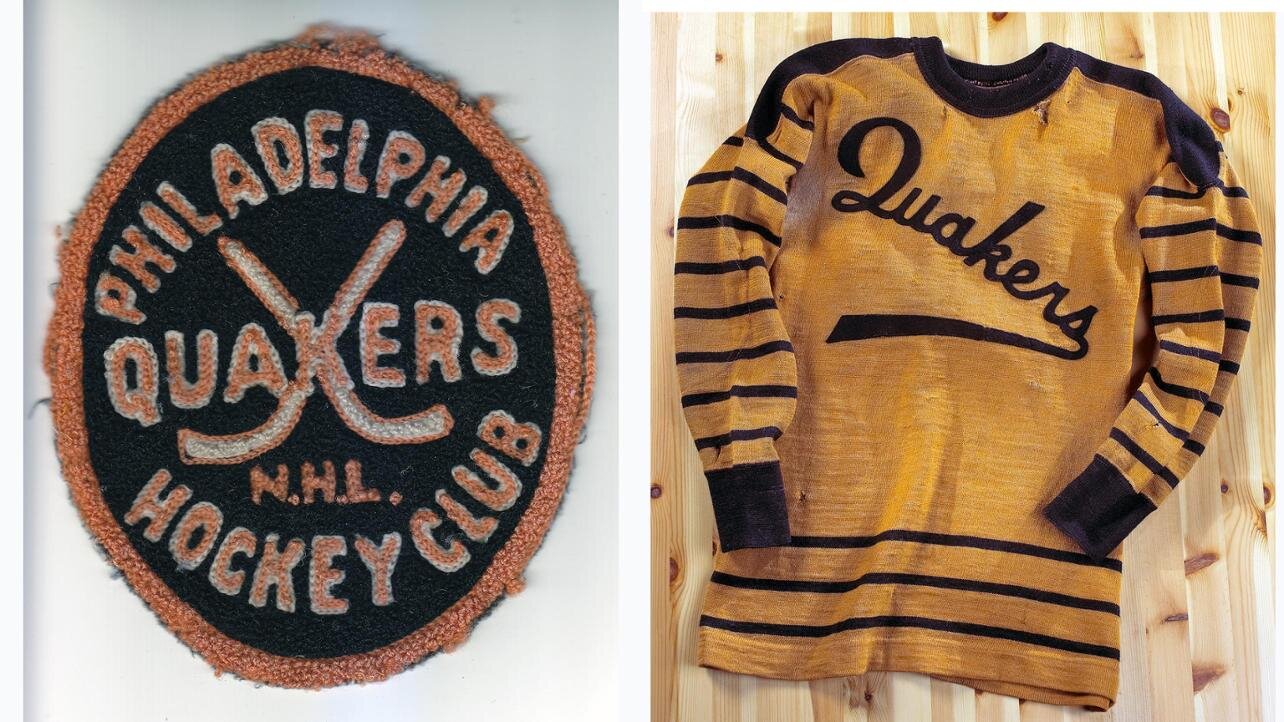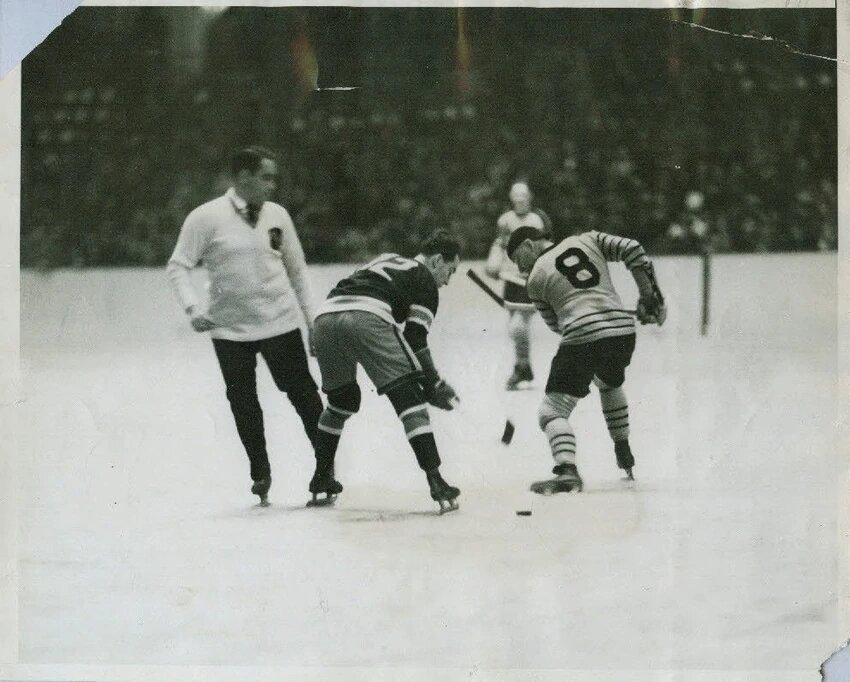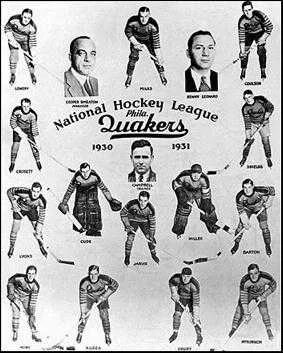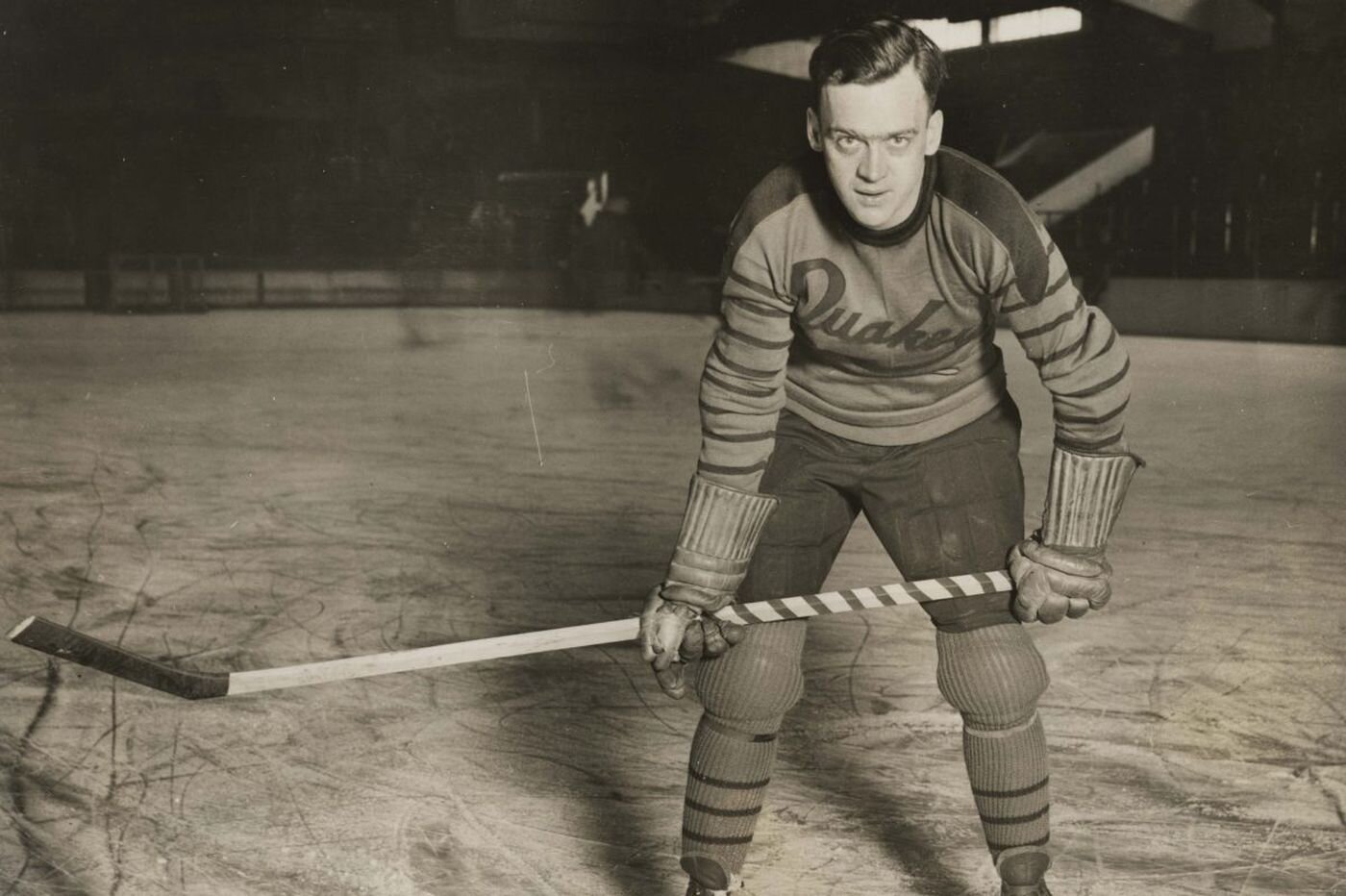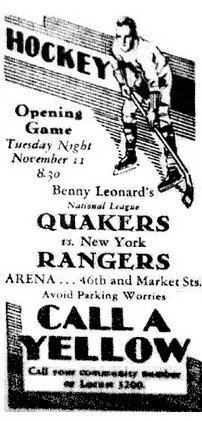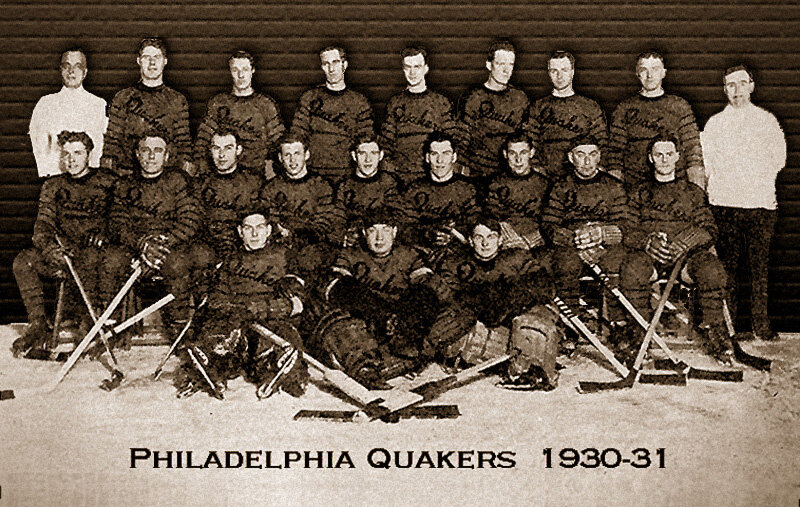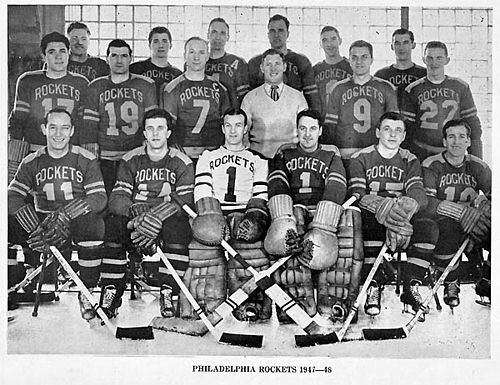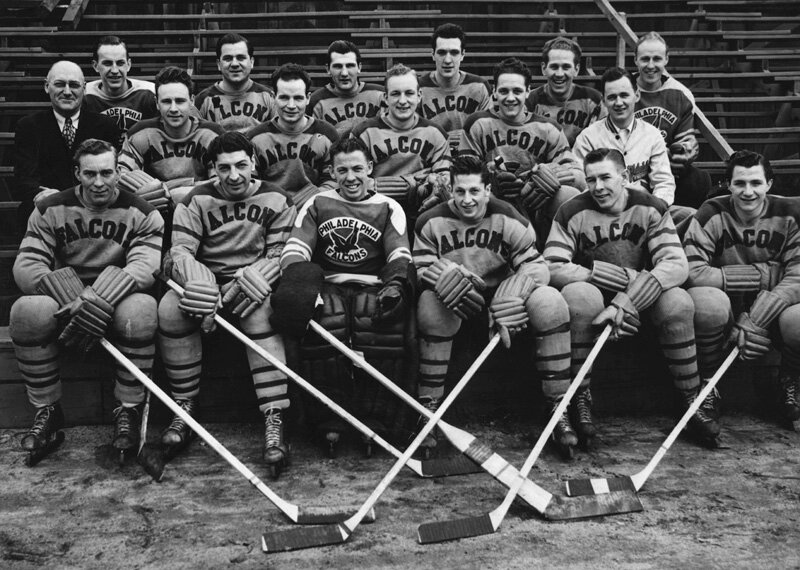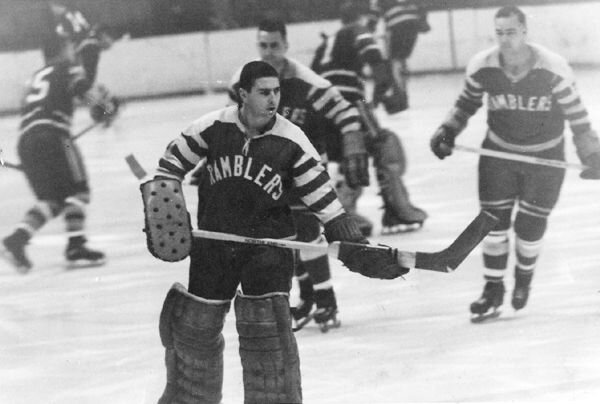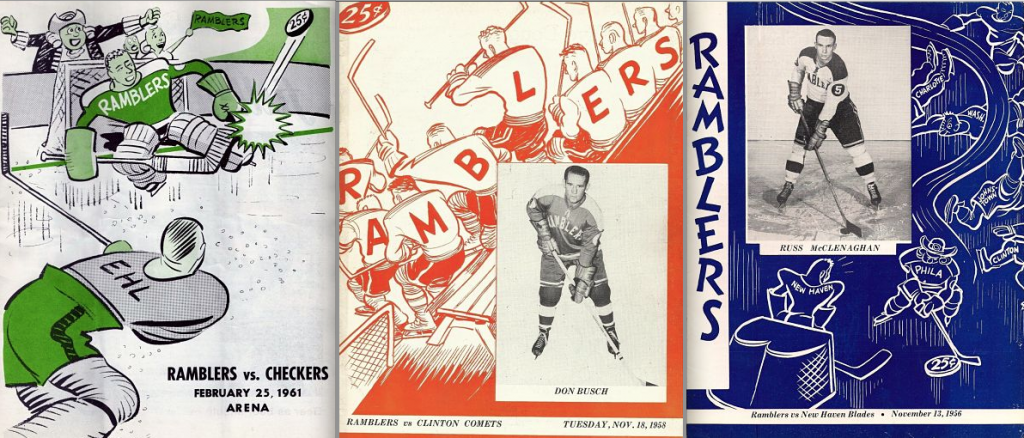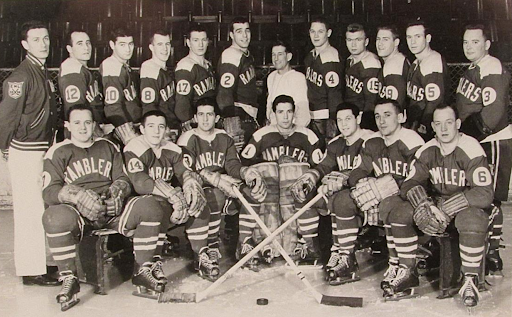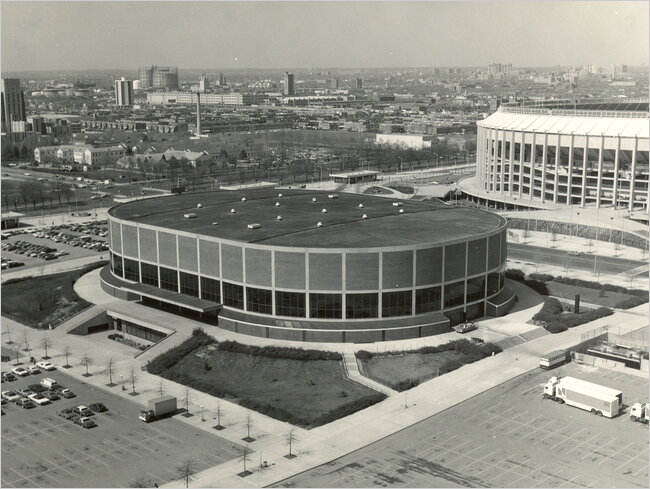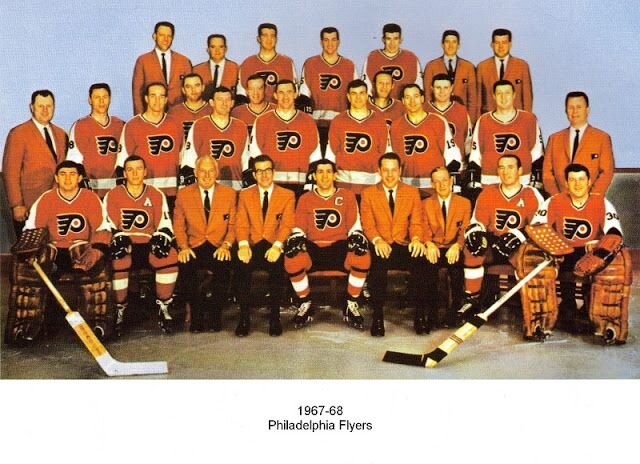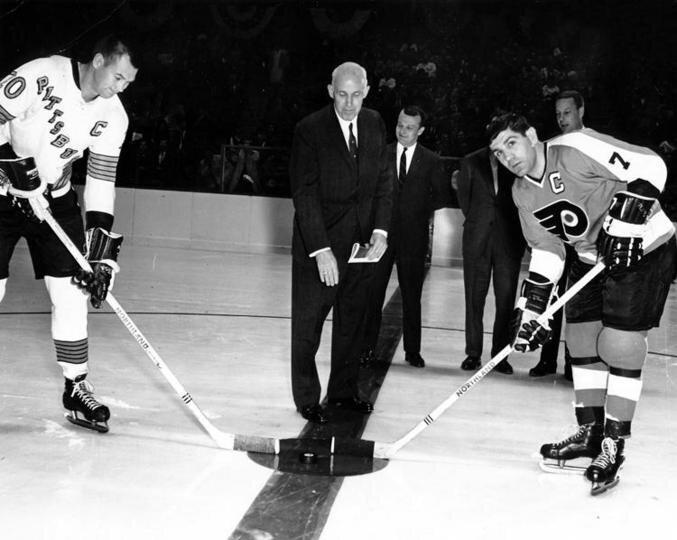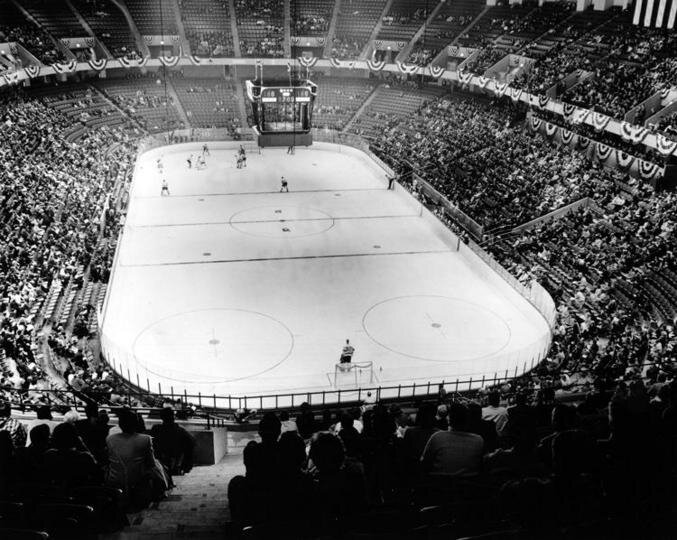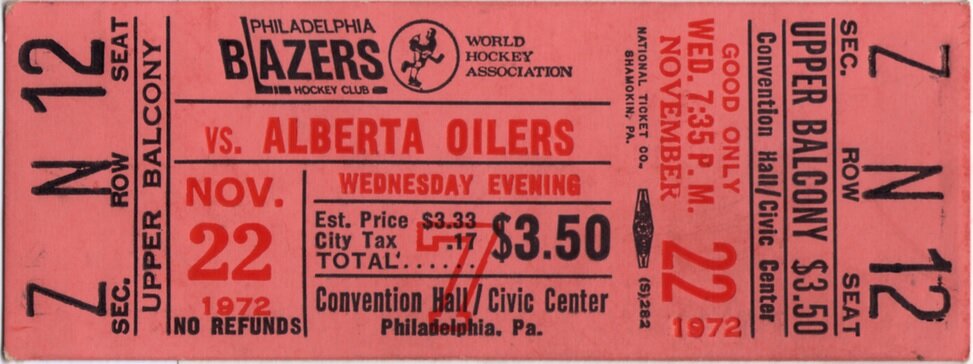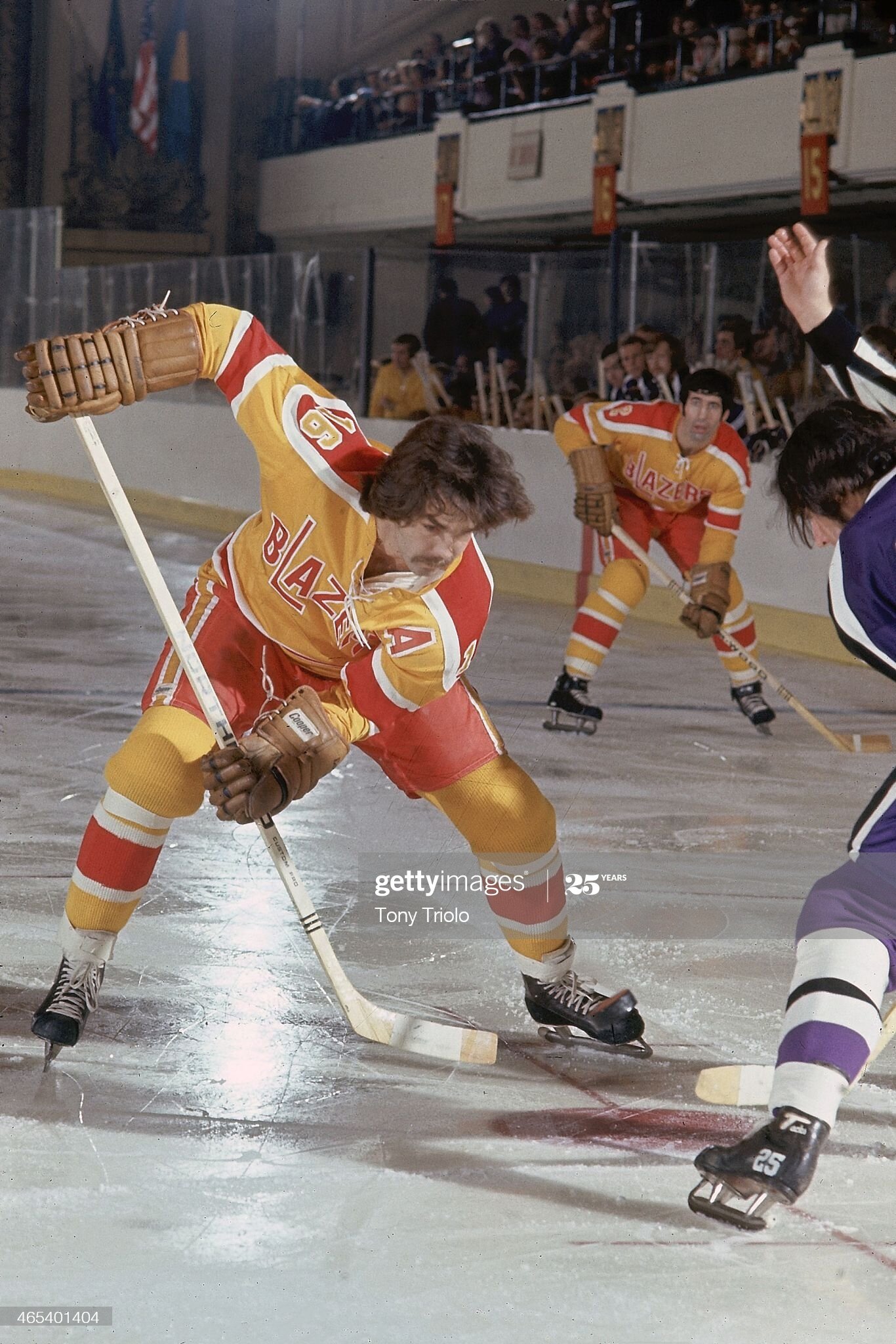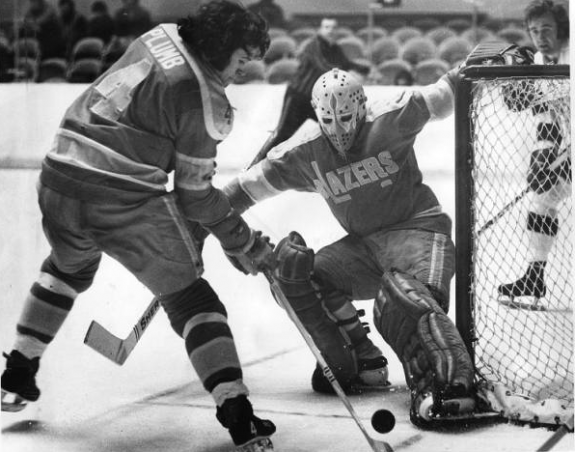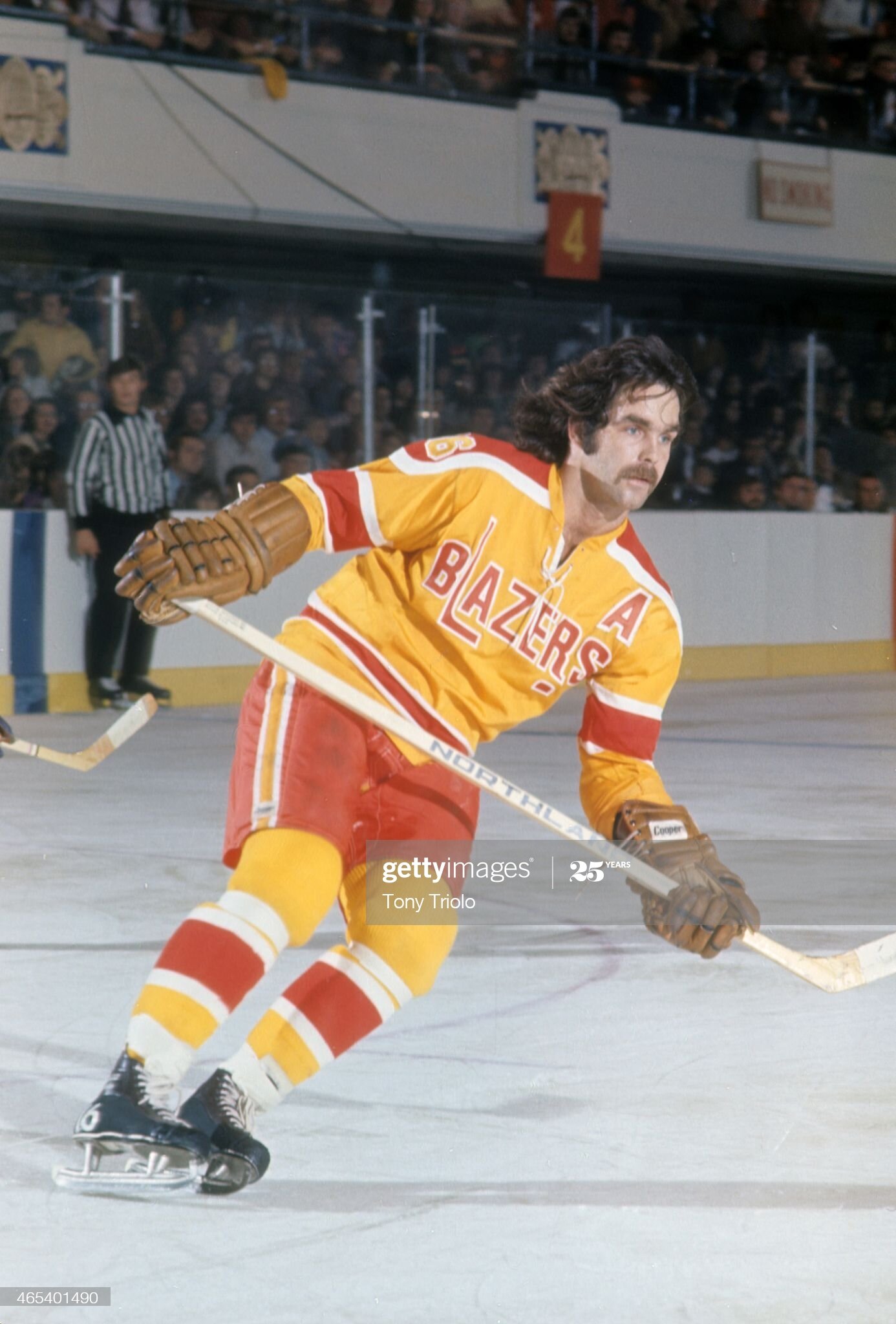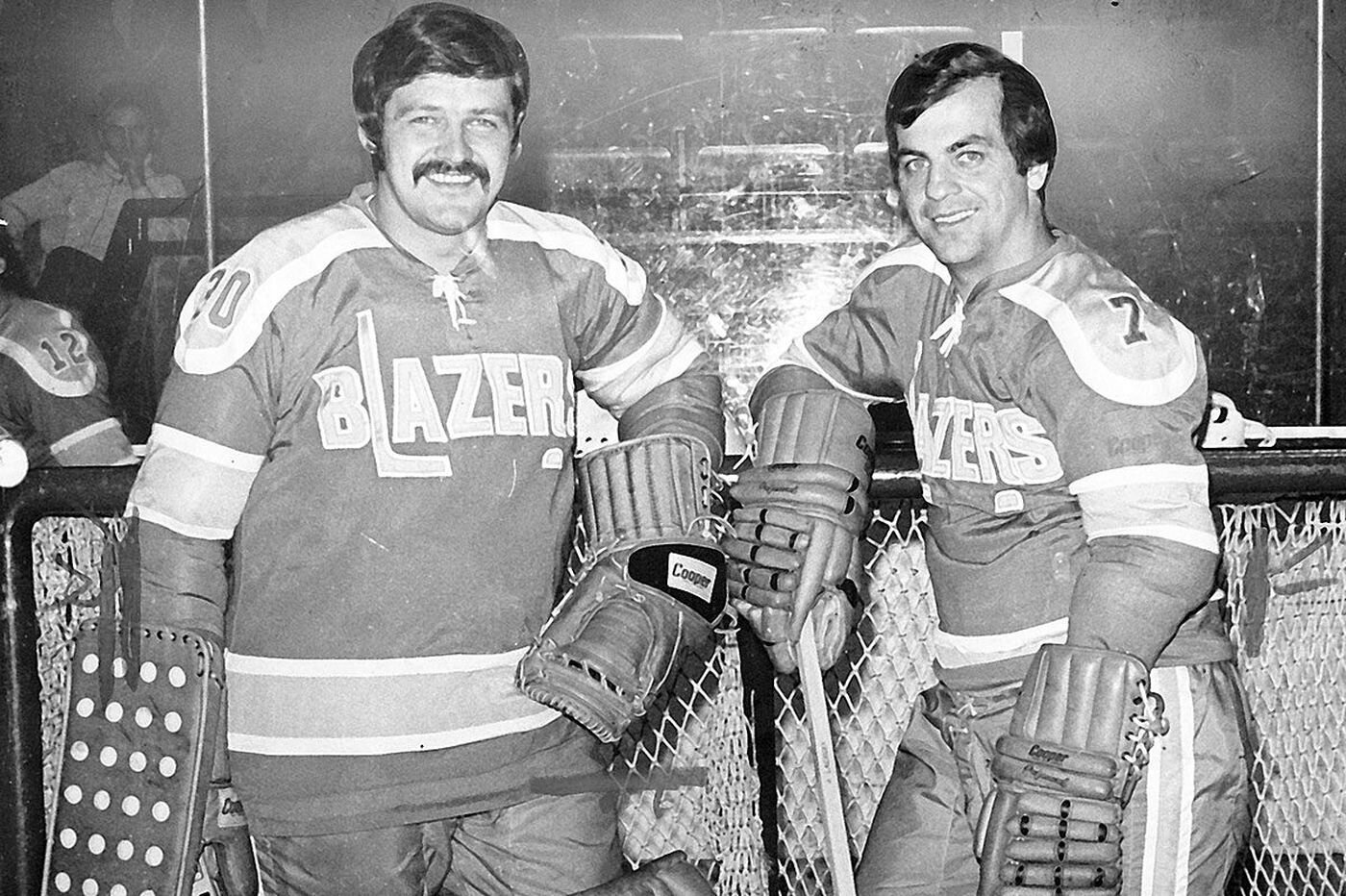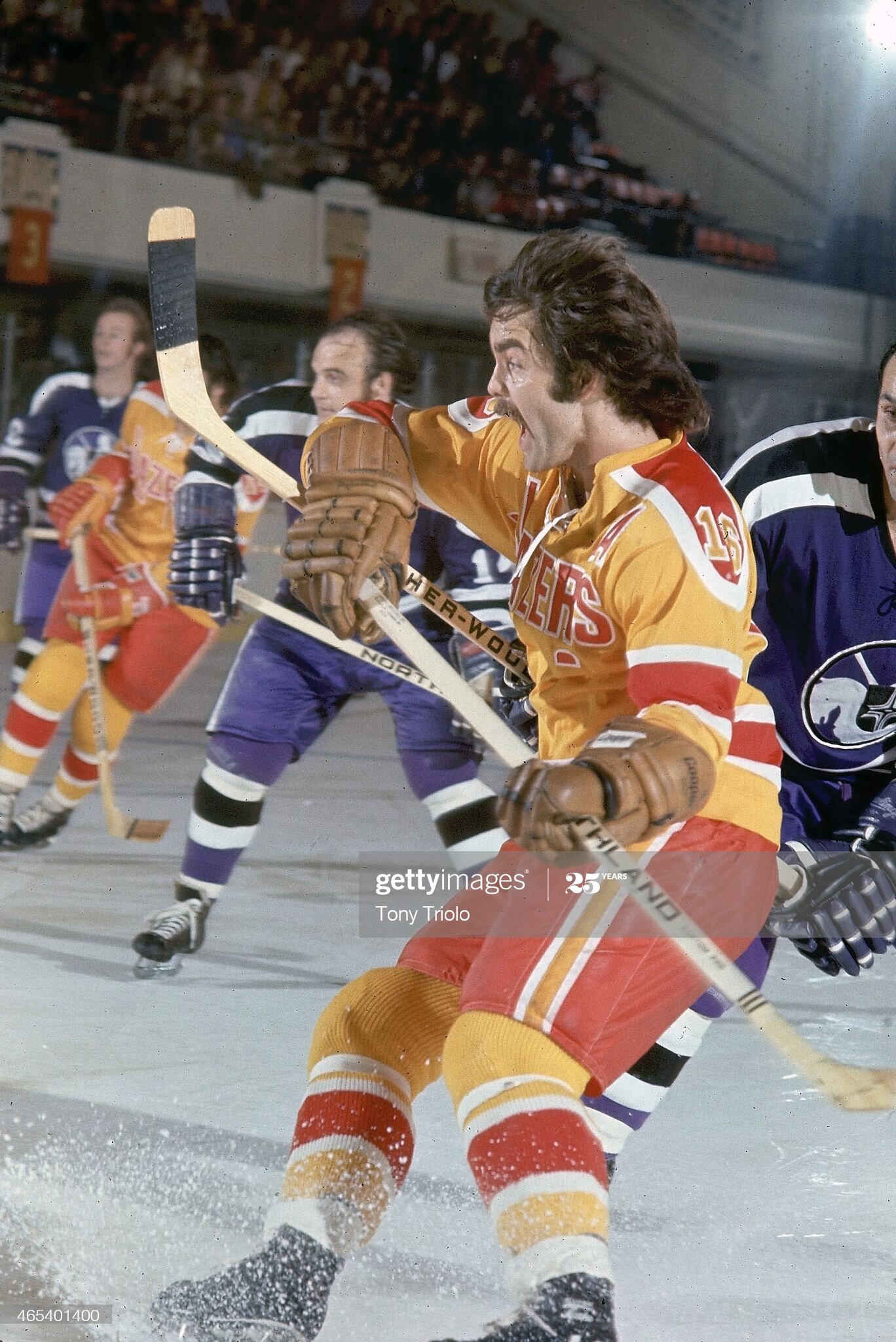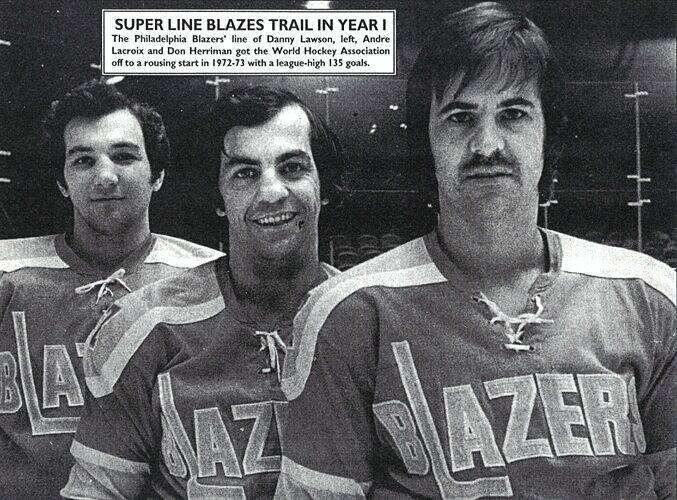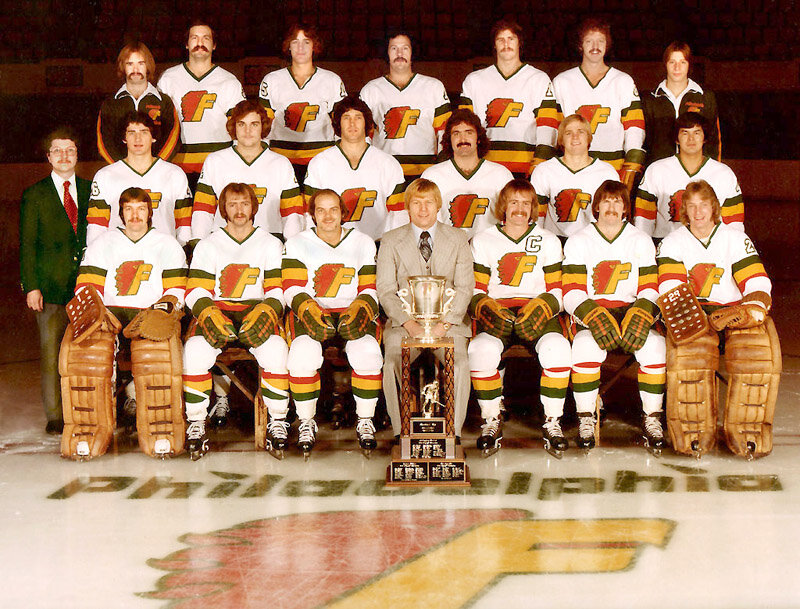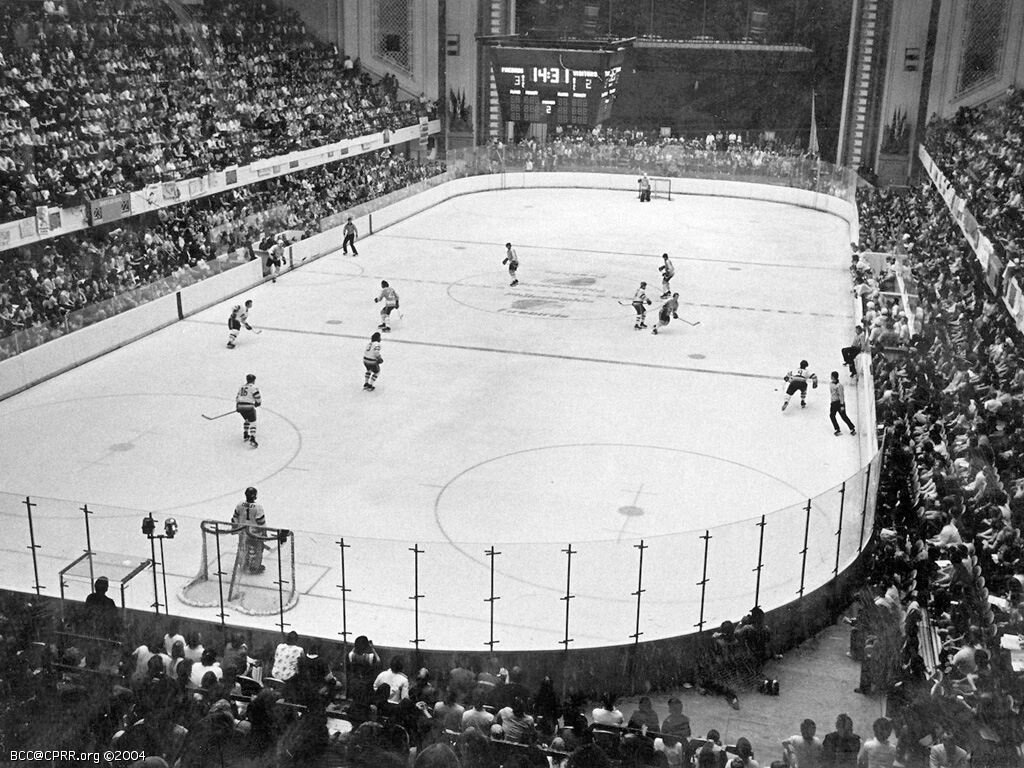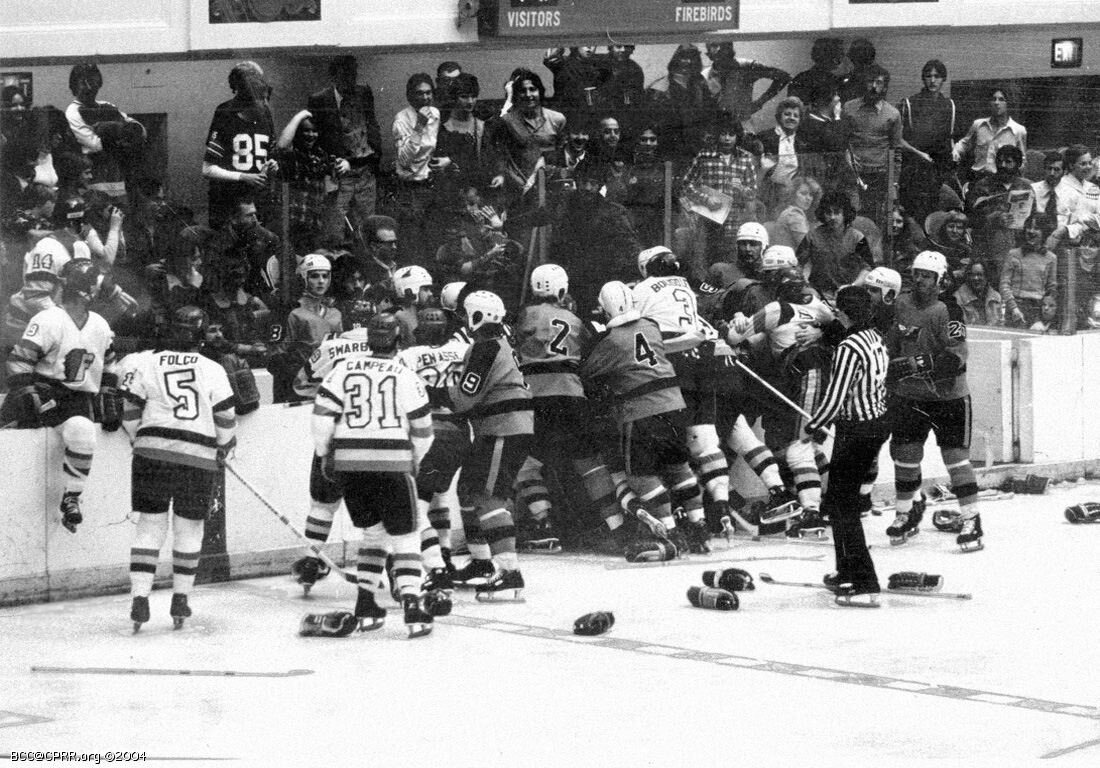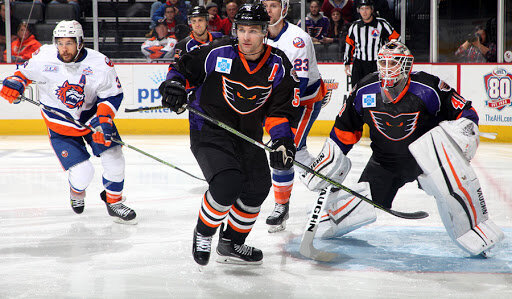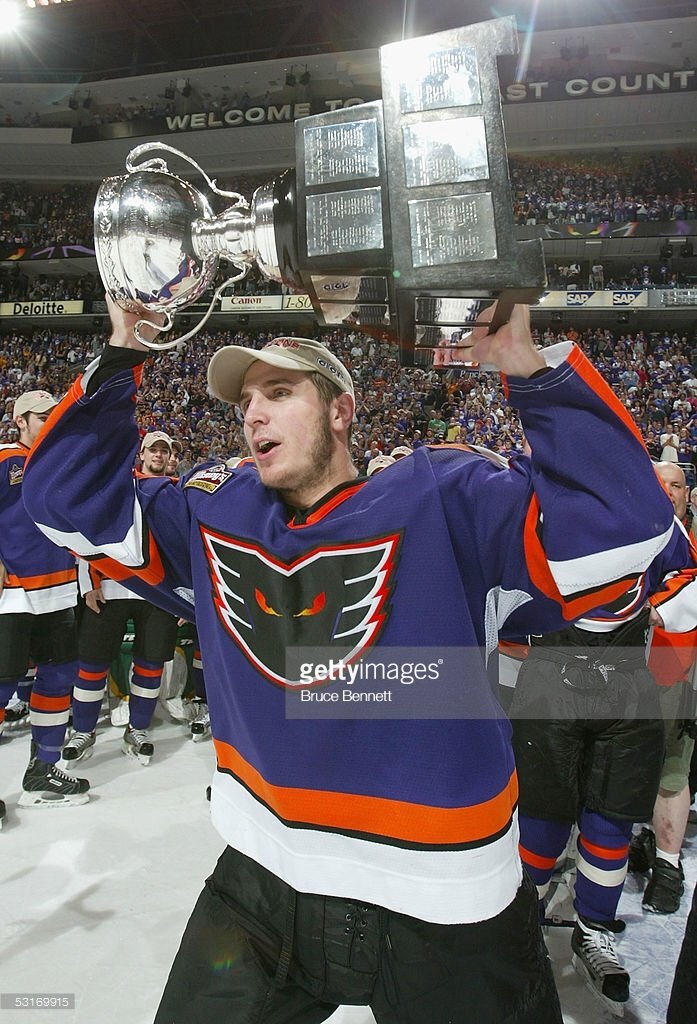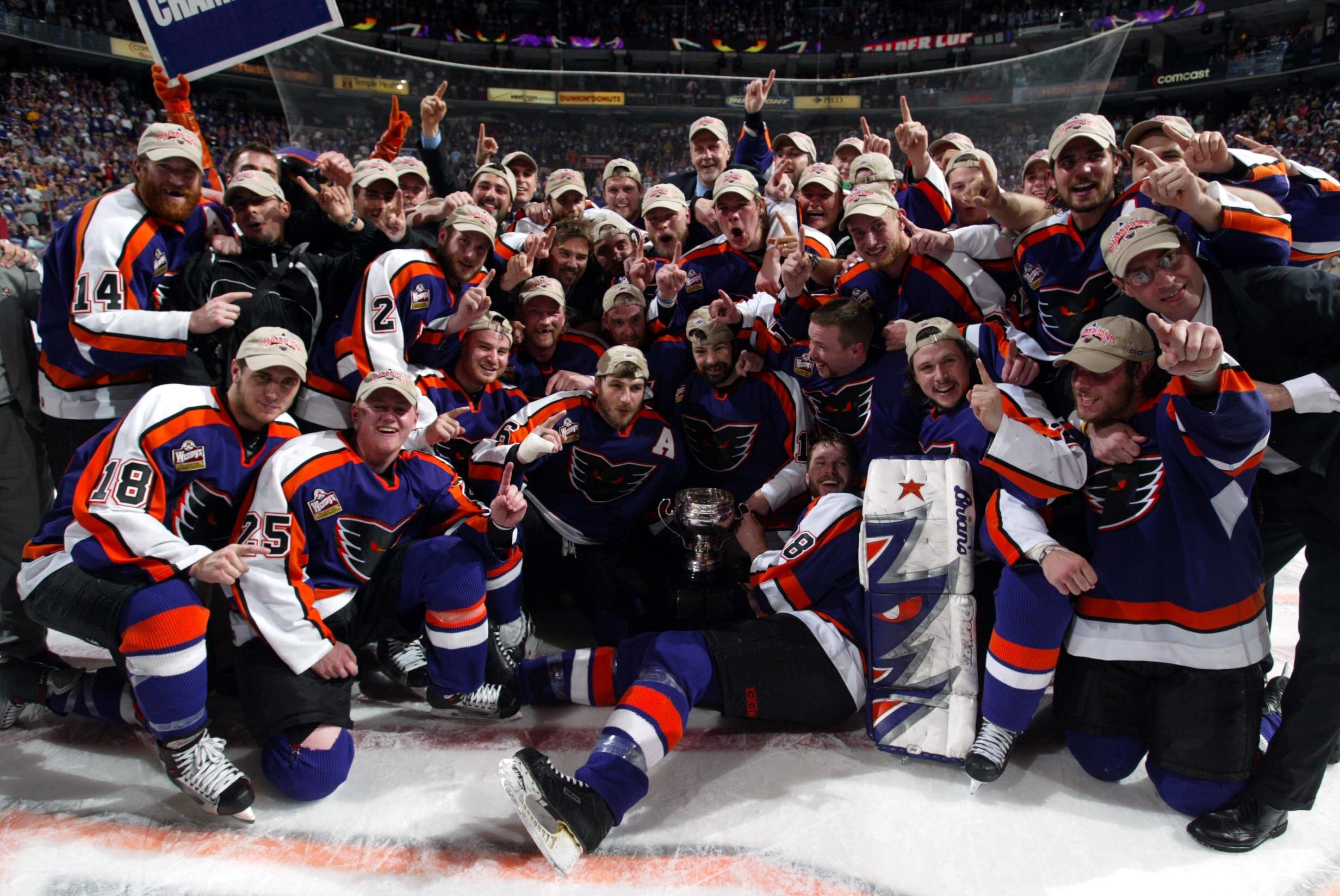When anyone brings up the topic of pro hockey in Philadelphia, the conversation quite naturally starts (and often stops) with the Flyers - one of the six franchises added to the NHL in the league's 1967 "Great Expansion," and the fastest of the bunch to capture the Lord Stanley's Cup, after only its seventh season.
But as this week's guest Alan Bass ("Professional Hockey in Philadelphia: A History") suggests, limiting the discussion to just the Flyers not only ignores the surprisingly long history of the game in the "City of Brotherly Love" prior to their arrival, but also neglects the club's lasting impact more broadly on Philly's sports scene ever since.
For example, few fans know that the Flyers were actually not the first NHL franchise in Philadelphia. That "honor" instead went to the 1930-31 debacle known as the Quakers - a hastily relocated cellar-dwelling team from Pittsburgh (the Pirates), owned by a Depression-era bootlegger (Bill Dwyer), fronted by a temporarily retired lightweight boxing champion (Benny Leonard), and producer of one of the worst seasons in the league's 103-year history (4-36-4 record; .136 winning percentage).
Or that the city nearly got its second shot at the NHL in 1946-47, when franchise rights holders of the dormant Montreal Maroons couldn't secure funding for a new arena on the site of the old Baker Bowl.
Or even that for decades before the Flyers' arrival, Philadelphia was a reliable home to a wide range of colorful minor league franchises with names like Arrows, Comets, Ramblers, Rockets and Falcons - and even after (Firebirds, Phantoms).
And we won't even mention the World Hockey Association's home ice-challenged flirtations with the market - the inaugural 1972-73 season's Philadelphia Blazers (Civic Center/Convention Hall) and 1973-74's mid-season relocated New York Golden Blades-to-Jersey Knights (suburban Cherry Hill [NJ] Arena)!


